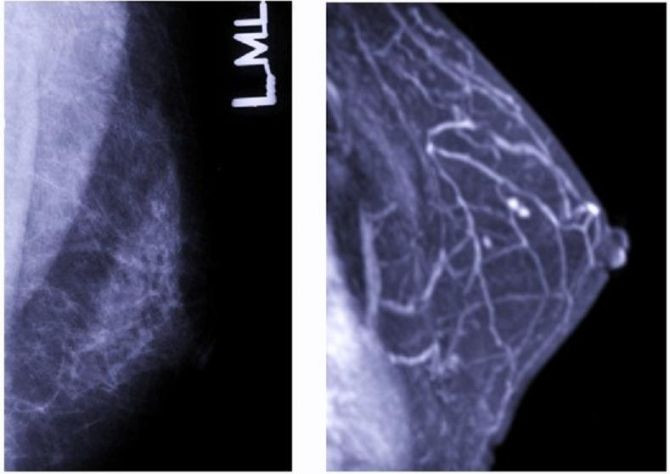Breast Cancer Redefined into 10 Genetic Subtypes, May Lead to Better Treatment

A group of scientists have reclassified breast cancer as having 10 genetic subtypes, instead of having four as previously thought, in a breakthrough study that could change the way that breast cancer is currently diagnosed and treated.
The discovery published in April 18 the journal Nature, which found breast cancer to be a culmination of at least 10 diseases also identified several completely new genes that drive breast cancer, offering potential targets for new kinds of drugs.
These newly identified genes that impact the function of cell signaling pathways, networks that control cell growth and division, could enable researchers to pinpoint how these gene faults disrupt important cell processes to cause cancer.
Researchers said that the latest findings mean that people should now see cancer as an “umbrella term” for a larger number of diseases.
The findings will also allow doctors to better predict survival times in patients and personalize treatment to match specific tumor types, said co-author Carlos Caldas at Cancer Research UK's Cambridge Research Institute.
"Essentially we've moved from knowing what a breast tumor looks like under a microscope to pinpointing its molecular anatomy," Caldas said in a statement.
“This research won’t affect women diagnosed with breast cancer today. But in the future, breast cancer patients will receive treatment targeted to the genetic fingerprint of their tumor.”
Breast cancer accounts for 16 percent of all female cancer cases, making it the most common cancer among women worldwide, according to the World Health Organization.
The Institute for Health Metrics and Evaluation in the United States conducted a study last year and found that the breast cancer cases around the world have more than doubled in the last 30 years, from 641,000 cases in 1980 to 1.6 million cases in 2010, a growing rate that dramatically exceeds the global population growth.
Researchers at Cancer Research UK’s Cambridge Research Institute and the BC Cancer Agency in Vancouver analyzed the genetic material, DNA and RNA, of 2,000 frozen tumor samples from patients diagnosed with the disease at five different hospitals for mutations and other changes and grouped them into 10 subtypes with common genetic features that correlate with survival.
Researchers explained that the combined analysis of DNA and RNA, which translates DNA into proteins, uncover the identity of oncogenes, genes that drive cancer, and of tumor suppressor genes, which protect against the disease.
The current method of diagnosing and treating women with breast cancer involves analyzing tumor samples for the presence of biomarkers such as estrogen receptors or the cell surface receptor HER2, Caldas said in a news conference.
While the results of current test only determine which of the four existing subtypes of breast cancer a patient has, depending on the presence of two hormone receptors ER and HER-2, which ultimately influences the treatment and prognosis the patient receives, the new classification of 10 subtypes means that patients will know more precisely which type of cancer they have and as newer and more targeted drugs are developed, patients should be able to receive more effective or tailored treatments.
Caldas said that seven of the new subtypes found in the study were defined as ER-positive and HER-2 negative, and cancer survival time for each of the seven genetic subtypes varied widely from 80 percent to less than 40 percent after 15 years from diagnosis.
Researchers said that more research is needed to determine how tumors in each subgroup behave, like how they grow and how fast they spread. Other research is needed in the laboratory and in patients to find the most effective way to treat each of the 10 subtypes of the disease.
“The new molecular map of breast cancer points us to new drug targets for treating breast cancer and also defines the groups of patients who would benefit most,” co-author Professor Samuel Aparicio at the BC Cancer Agency in Vancouver said in a statement. “The size of this study is unprecedented and provides insights into the disease such as the role of immune response, which will stimulate other avenues of research.”
“This landmark study will completely change the way we look at breast cancer. It’s the result of decades of research by our scientists to identify the causes and drivers of the disease, which included a pivotal role in decoding the well-known BRCA genes,” Harpal Kumar, Cancer Research UK’s chief executive added.
Published by Medicaldaily.com



























